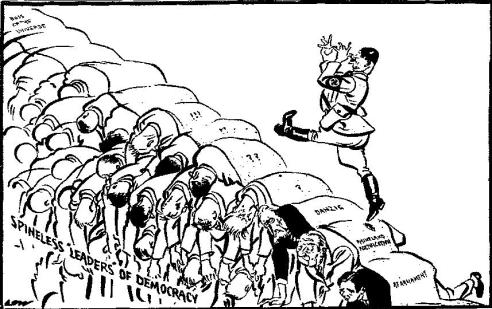While reading the New York Times, I discovered a shocking article regarding the Taliban, “Video of Taliban Flogging Girl draws Widespread Outrage.” Reading further into the article, I noted that the 17 year old girl denied the request to marry a Taliban commander and was publicly flogged as a result of her actions. In our history class we recently discussed the Taliban and in particular its control of the Swat Valley in Pakistan. This event took place in Swat Valley - which is the region Pakistan gave to the Taliban.
In other articles we have read about concerning the Taliban, women have no rights. Even with that knowledge this article still comes across as a shock. Someone watching the event was filming with their video recorder on their cell-phone, while the young girl yells phrases such as, “For God’s sake, please stop, stop it, I am dying.” It doesn’t specify who put the video on the Internet, I imagine (and hope) it was someone who was trying to show the world what the Taliban is really about and this video is just one plea of help.

